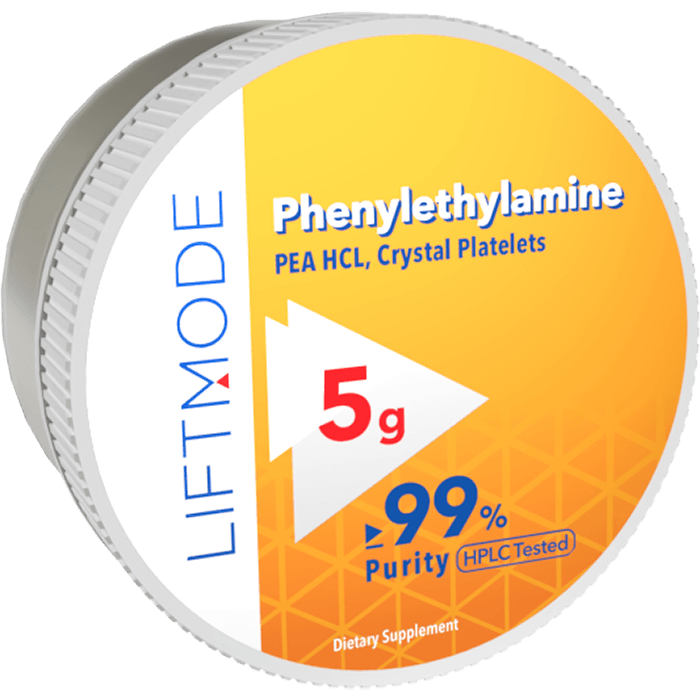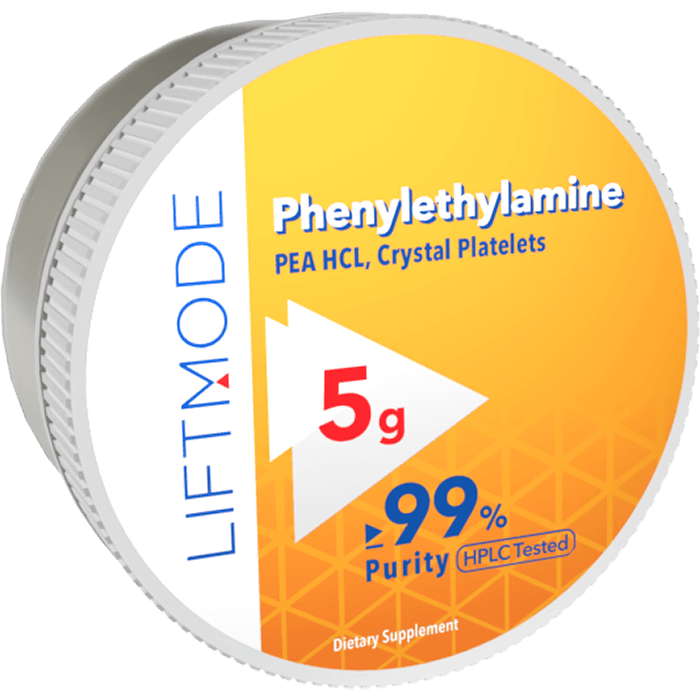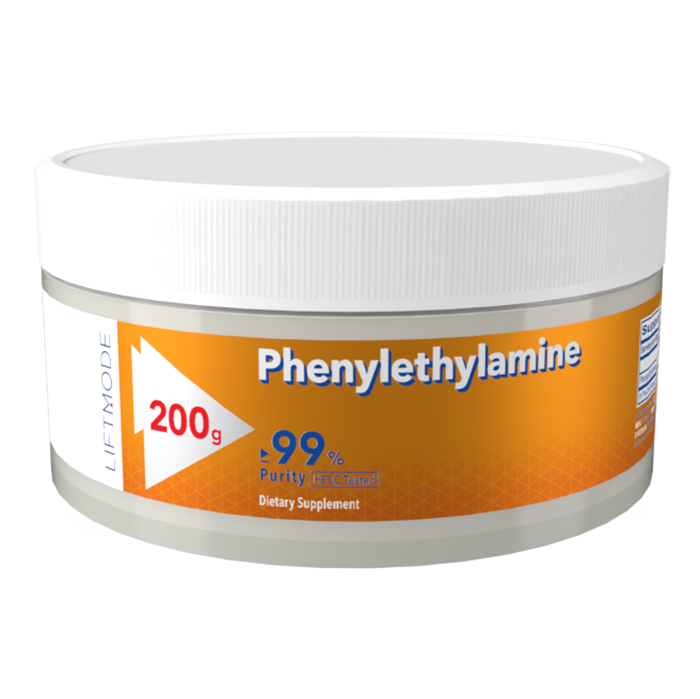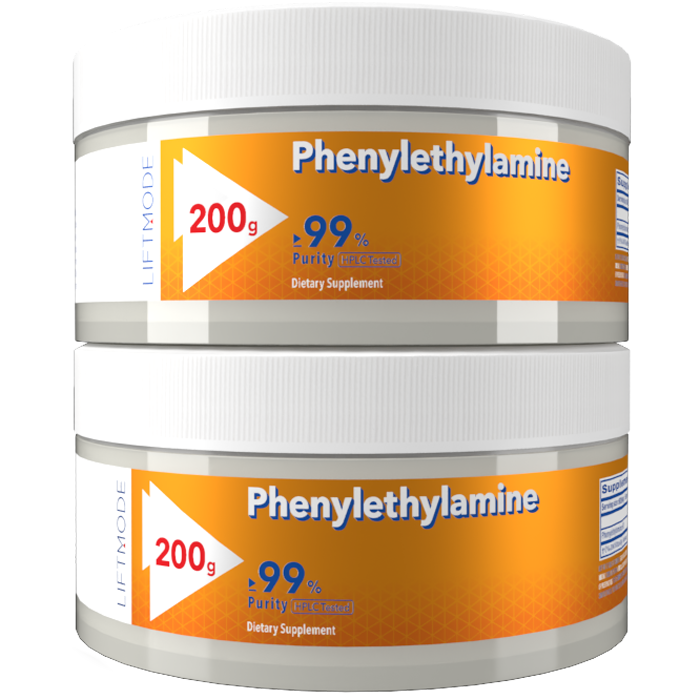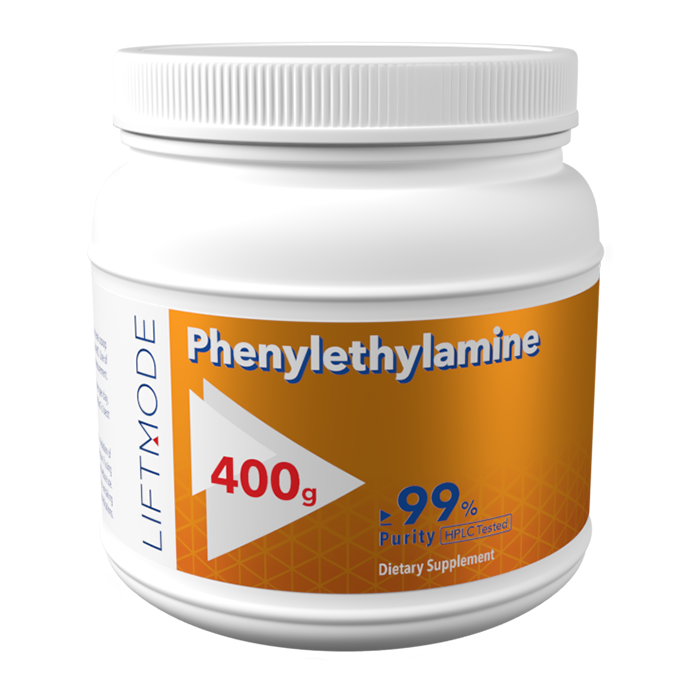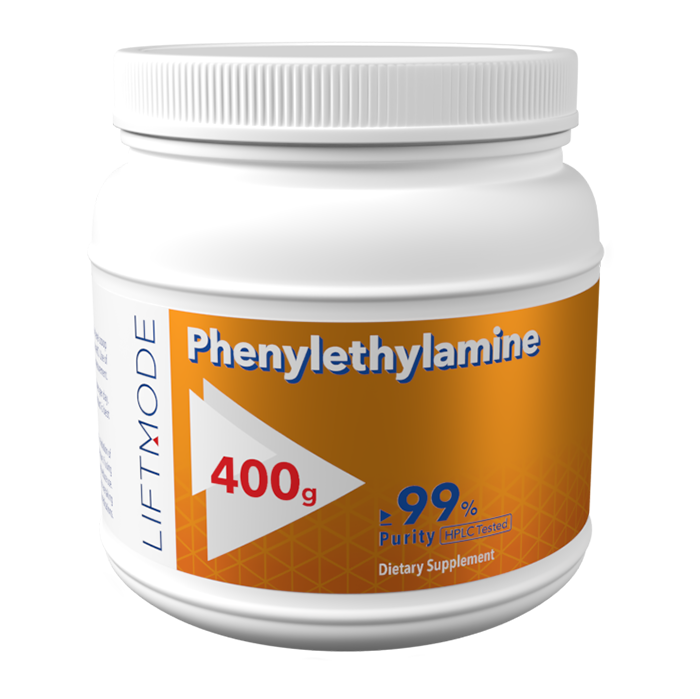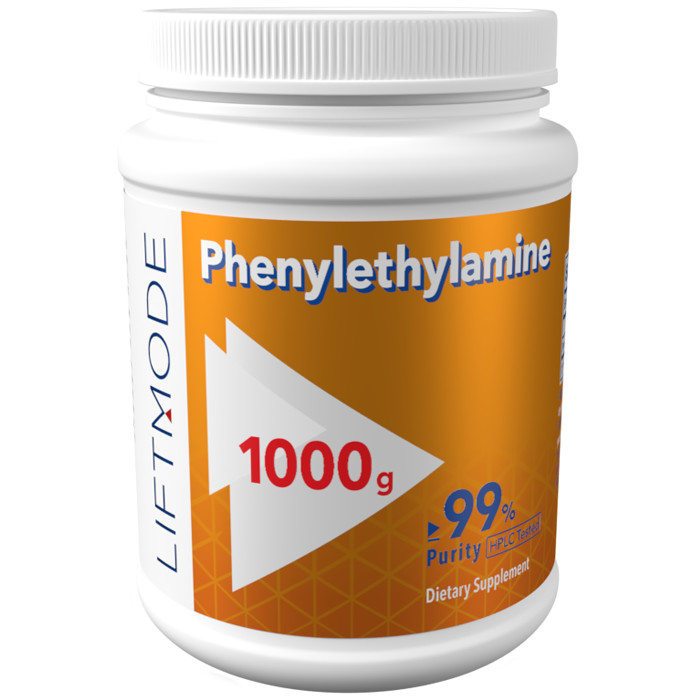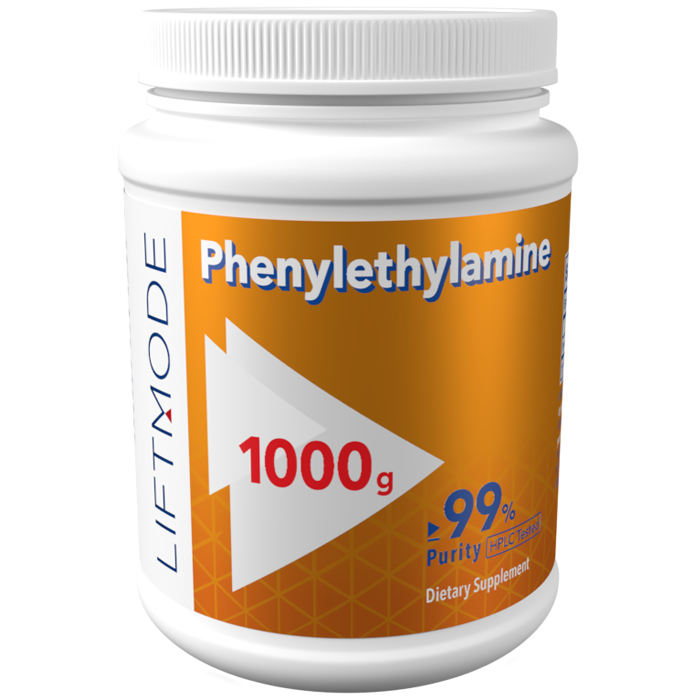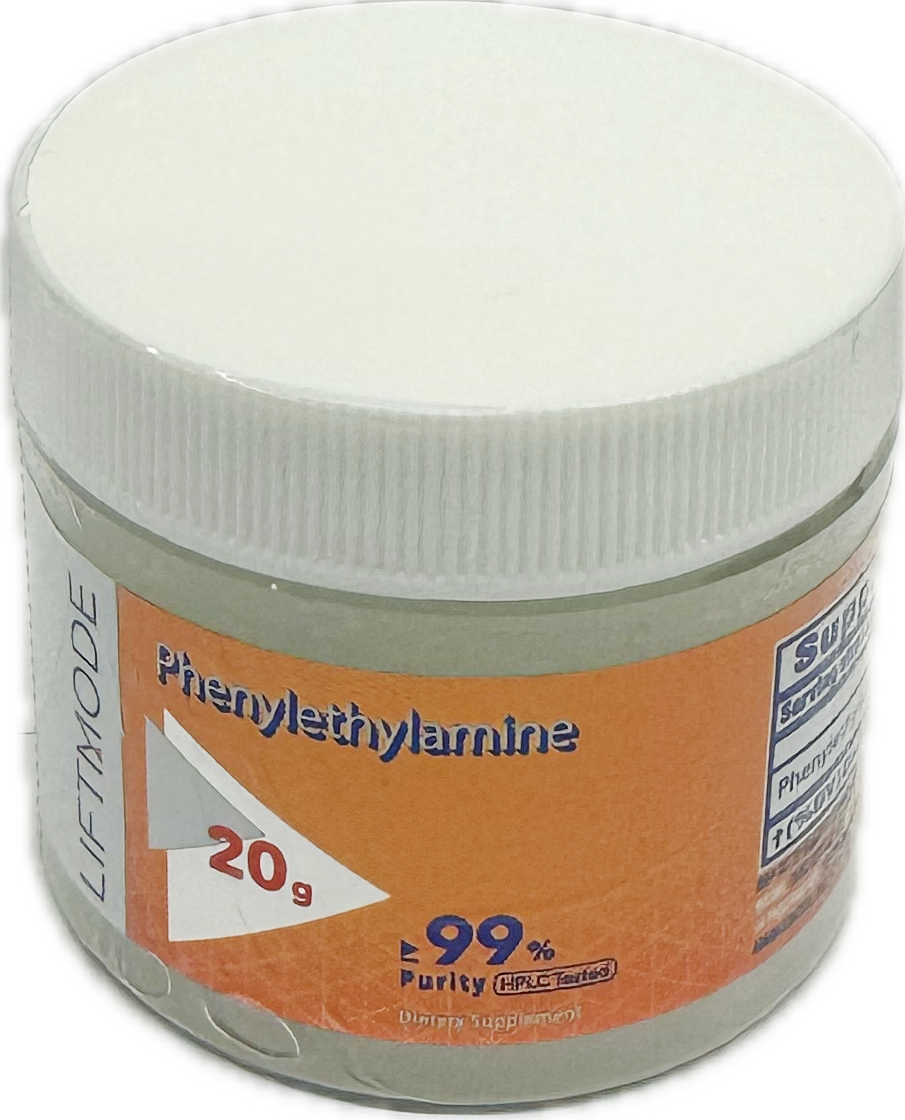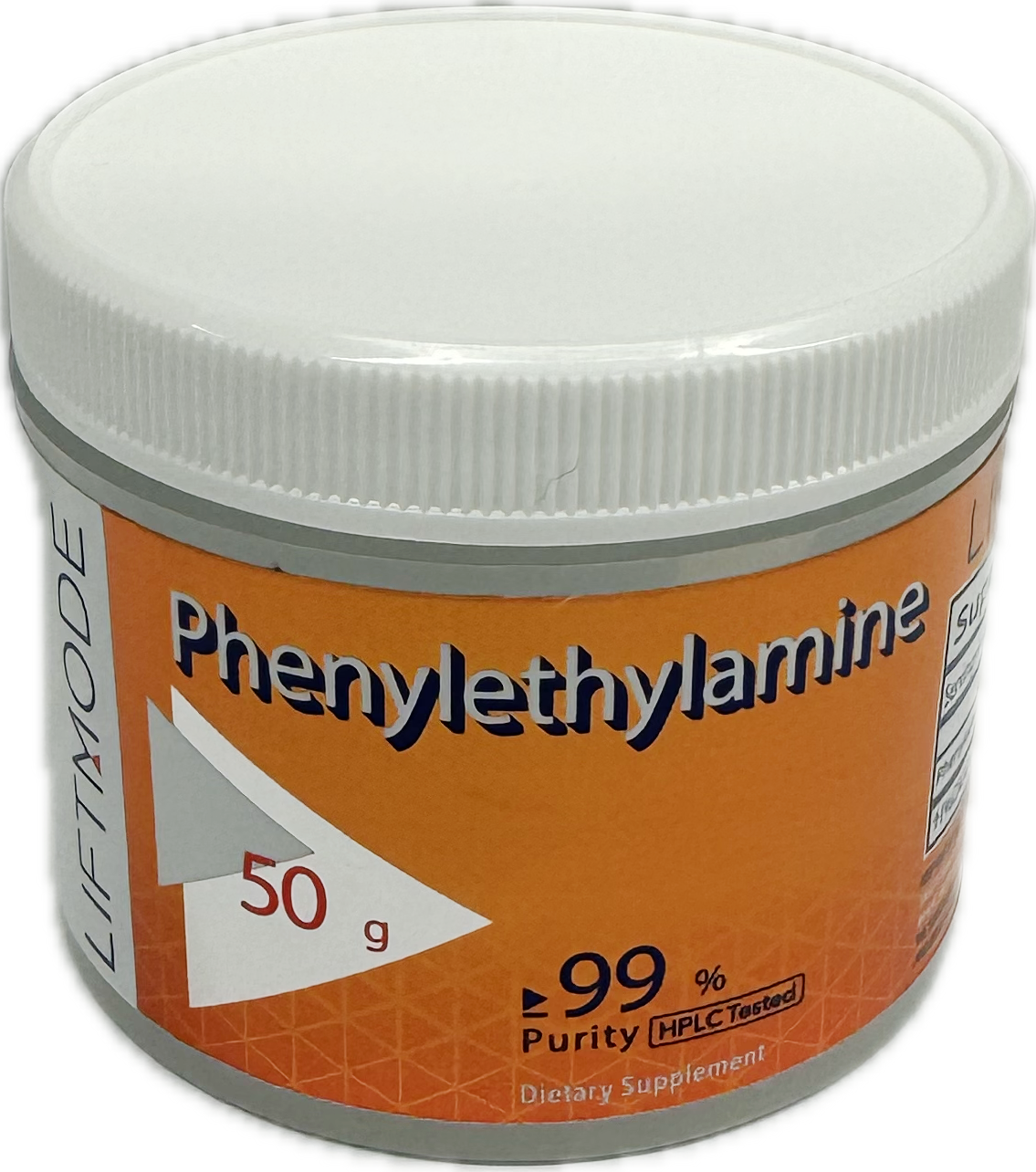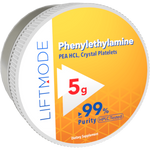-
Free from additives and fillers
-
Gluten Free
-
HPLC Lab tested
-
Non-GMO
-
Science backed
-
Vegan
Scientifically Tailored Ingredients
Phenylethylamine HCL

Phenylethylamine HCL
Phenylethylamine (PEA) is a naturally occurring monoamine, used as an ingredient in dietary supplement products. Studies suggest that phenylethylamine functions as a neuromodulator or neurotransmitter in the mammalian central nervous system. PEA is said to support energy, curb appetite, and provide positive mood. The effects of PEA by itself are powerful, but short-lasting, due to the rapid metabolism of PEA in the body. Combining PEA with Hordenine can make the effects more consistent at lower serving sizes, and allow PEA's benefits last up to 2 hours. - Boosts Energy & Focus - Curbs Appetite - Uplifts Mood
Collapsible content
References
References
